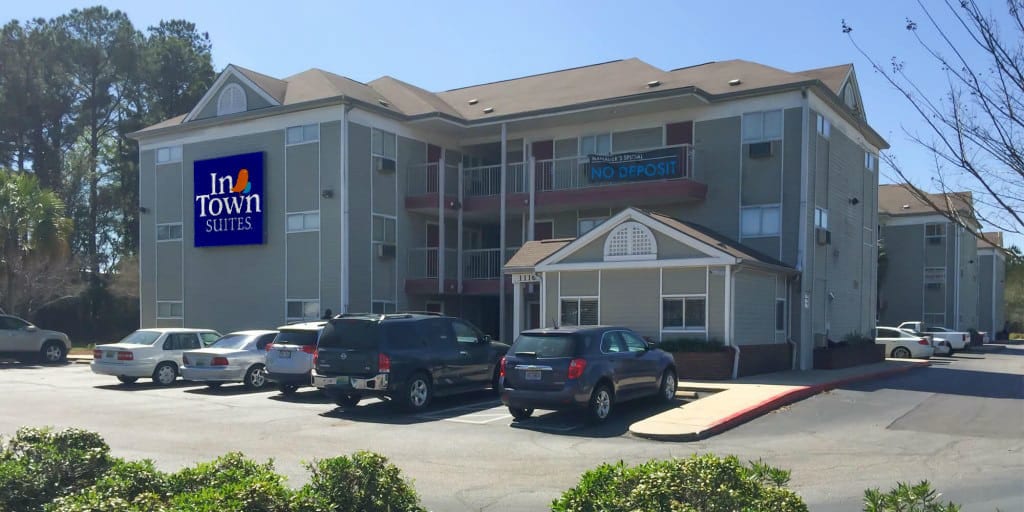
For example, during the height of the pandemic, several states and many municipalities put a moratorium on residential short-term rentals in an attempt to discourage visitors from other cities and/or states. While owners and operators have realized declines in both occupancy and average daily rate (ADR) this year, the mid-rate and economy extended-stay hotels have significantly outperformed the transient- and group-focused hotels.īenefits from Regulations and RestrictionsĬOVID-19 has undoubtedly and significantly reduced demand throughout the lodging sector, and while local and state restrictions (such as limits on group sizes) have further impeded most hotels’ ability to capture the limited demand that exists, many of these regulations have benefited the extended-stay segment and funneled guests toward these types of hotels. The resilience of this product type has held up even during a global pandemic and the related economic recession, particularly at the lower-priced end of the product spectrum, where hotels operate more as a temporary housing solution than a short-term stopover.

Many economy extended-stay hotels will not even accept reservations that are fewer than seven days in length.Įxtended-stay hotels are popular with owners and developers who prefer properties that typically experience less volatility and rely less on seasonal demand or on demand surges related to area events. Guests requiring the longest of stays, where the hotel may become a short-term living solution, frequently seek accommodations at an economy extended-stay hotel. As stay requirements extend beyond a week or two, a traveler’s budget tends to constrict, and the mid-rate hotels become preferred. Large, well-appointed suites and inclusive breakfast and afternoon receptions may even boost rates higher than select-service counterparts that do not benefit from similar attributes. At the upscale end of the extended-stay product spectrum, stays are shorter and hotel room rates often trend closer to upscale, select-service hotels.

Stays can be as short as one overnight or as long as years, in rare cases, but generally trend from two weeks to a couple of months. Extended-stay hotels have long been the industry’s answer to those seeking accommodations similar to an apartment, but without the need to sign a long-term lease.


 0 kommentar(er)
0 kommentar(er)
